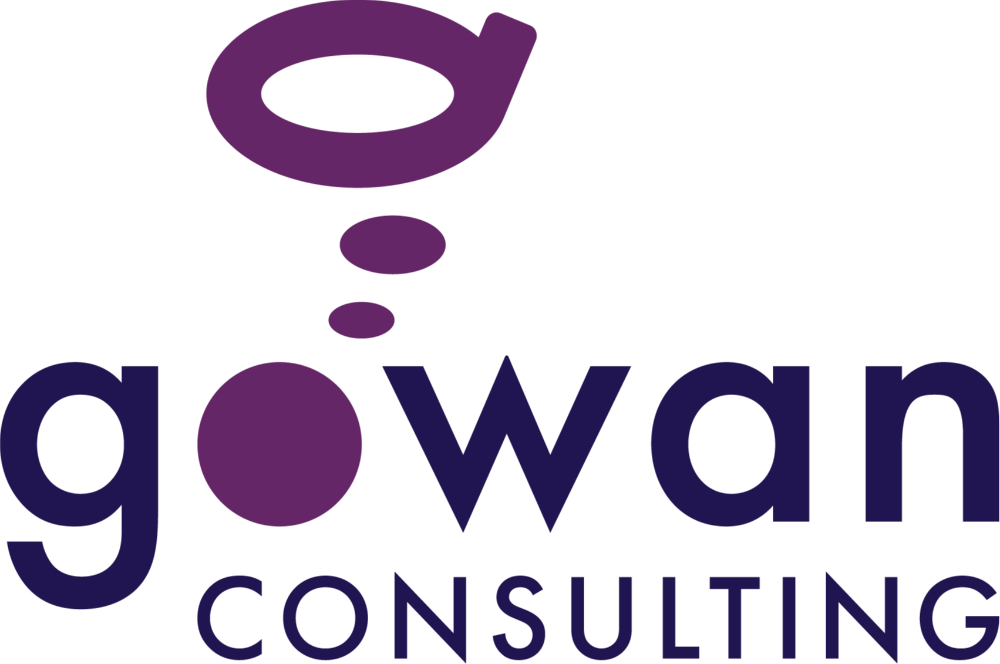Repetitive Strain Injuries in the Workplace
Feb 01, 2024
Repetitive Strain Injury (RSI), also known as Musculoskeletal Disorder (MSD), is a term used to describe injuries to the muscles, nerves, tendons, ligaments, joints, and other soft tissues. These injuries often occur when awkward motions are repeated for an extended period of time and have the potential to develop into common injuries such as Carpal Tunnel Syndrome or Tendinitis. Almost all work involves the use of the arms and hands, so the most common MSDs affect the upper extremities.1
A work-related musculoskeletal disorder (WSMD) is an MSD that is caused or exacerbated by environmental or job-related factors in the workplace. WMSDs are considered a workplace health and safety issue because they are closely connected to workplace hazards. MSDs are the number one type of lost-time claim injury reported to WSIB in Ontario, costing employers millions of dollars due to worker absence and accruing indirect costs in overtime, modification of equipment, administration, loss in productivity, and retraining.2
A Repetitive Strain Injury can have a significant impact on an employee’s ability to do their job and their overall quality of life. Employers are legally required to make their workers aware of RSI risks and take every reasonable precaution to protect their staff from injury in the workplace.
What Causes a Repetitive Strain Injury?
Many factors can increase the likelihood of RSI development, including the following:
- Force (especially when focused on small body parts such as the wrist)
- Awkward posture
- Static body posture
- Repetition (if it does not allow sufficient recovery time between movements)
- Long duration and fast pace
- Temperature (extreme heat or cold)
- Vibrations
RSIs often occur as a result of a combination of these factors occurring simultaneously, not individually.
Common Symptoms
- Pain (e.g., headaches, back pain, neck pain, shoulder pain, wrist pain)
- Joint stiffness
- Muscle tightness
- Redness of area
- Swelling of impacted area
- Pins and needles sensation
- Numbness
- Skin colour change
- Decreased sweating of the hands
These symptoms may occur concurrently or independently in a range from mild to severe. In an early stage, an employee may feel aching and tired feelings of the impacted limb while working only and would not experience any change in their levels of performance. In an intermediate stage, the worker would have similar aching and tiredness, but it would continue when they were not working and would influence their repetitive work capacity. In a late stage, weakness, fatigue, and aching would persist in a resting state and would impact the worker’s ability to sleep and complete light duties.
The Benefits of Ergonomics at Work
Ergonomics is the science of designing a workstation, work tools, and work to fit the capabilities of the person doing the work. Applying proper ergonomics has shown to prevent discomfort and injury and improve efficiency in organizations where employees are chair-bound.
A study conducted by researchers at Elsevier showed that a combination of flexible workspaces and ergonomic training was effective in reducing MSDs over time in call centre employees. They found that “providing ergonomic skills, in the form of training, allows individuals to continue making appropriate workstation adjustments, thereby reducing the musculoskeletal risks and discomfort associated with computer and office work.”3
The same study reported a reduction in business processing times and related costs to the organization, supporting the idea that “workplace design and training can have positive effects on measures of organizational output” and overall productivity.
How Employers Can Prevent Repetitive Strain Injuries in the Workplace
A fundamental principle of occupational health and safety is to eliminate hazards at their source. Ergonomics and provision of a solid ergonomic risk assessment of the work duties can reduce the hazards.
- Implement RSI prevention policies and procedures.
- Have an ergonomic risk assessment completed in the workplace.
- Educate employees on early identification of RSIs and how to make ergonomic adjustments for preventing RSIs.
- Educate managers and health and safety staff on ways to address the risks.
- Engage employees in the solutions (participatory ergonomics works!)
- Alter elements of the job design (e.g., implement job rotation, increase task variety, alter the tools, change worker habits, etc.)
- Collect data on how RSI incidents are impacting your workplace to support continued prevention efforts and engage leadership in developing solutions.
How Can Gowan Consulting Help?
Gowan Consulting can help with your workplace ergonomic needs. We can help employees prevent RSIs in the workplace and provide solutions for organizations to help injured employees stay at or return to work. Some of our ergonomic solutions include:
- Consultation and review of workplace policies and procedures, risk assessments, and intervention strategies.
- Provision of individual ergonomic assessments or Ergoblasts for healthy employee education and workstation adjustments.
- Training of managers and employees on injury prevention and ergonomics.
- Development of a return to work process that is supportive of employees with RSIs.
Set up a consultation or contact us to develop a customized session or program for your workplace needs. To make a referral, submit a request here. We want to help make the difference in your healthy business.
References
[1] Government of Canada, C. C. for O. H. and S. (2023, February 23). Work-related musculoskeletal disorders (wmsds): Osh answers. Canadian Centre for Occupational Health and Safety. Retrieved February 23, 2023, from https://www.ccohs.ca/oshanswers/diseases/rmirsi.html
[2] Government of Ontario. (2021, October 4). Ergonomics in the Workplace. https://www.ontario.ca/page/ergonomics-workplace
[3] Robertson, M. M., Huang, Y. H., O'Neill, M. J., & Schleifer, L. M. (2008). Flexible workspace design and ergonomics training: Impacts on the psychosocial work environment, musculoskeletal health, and work effectiveness among knowledge workers. Applied Ergonomics, 39(4), 482-494. https://doi.org/10.1016/j.apergo.2008.02.022

